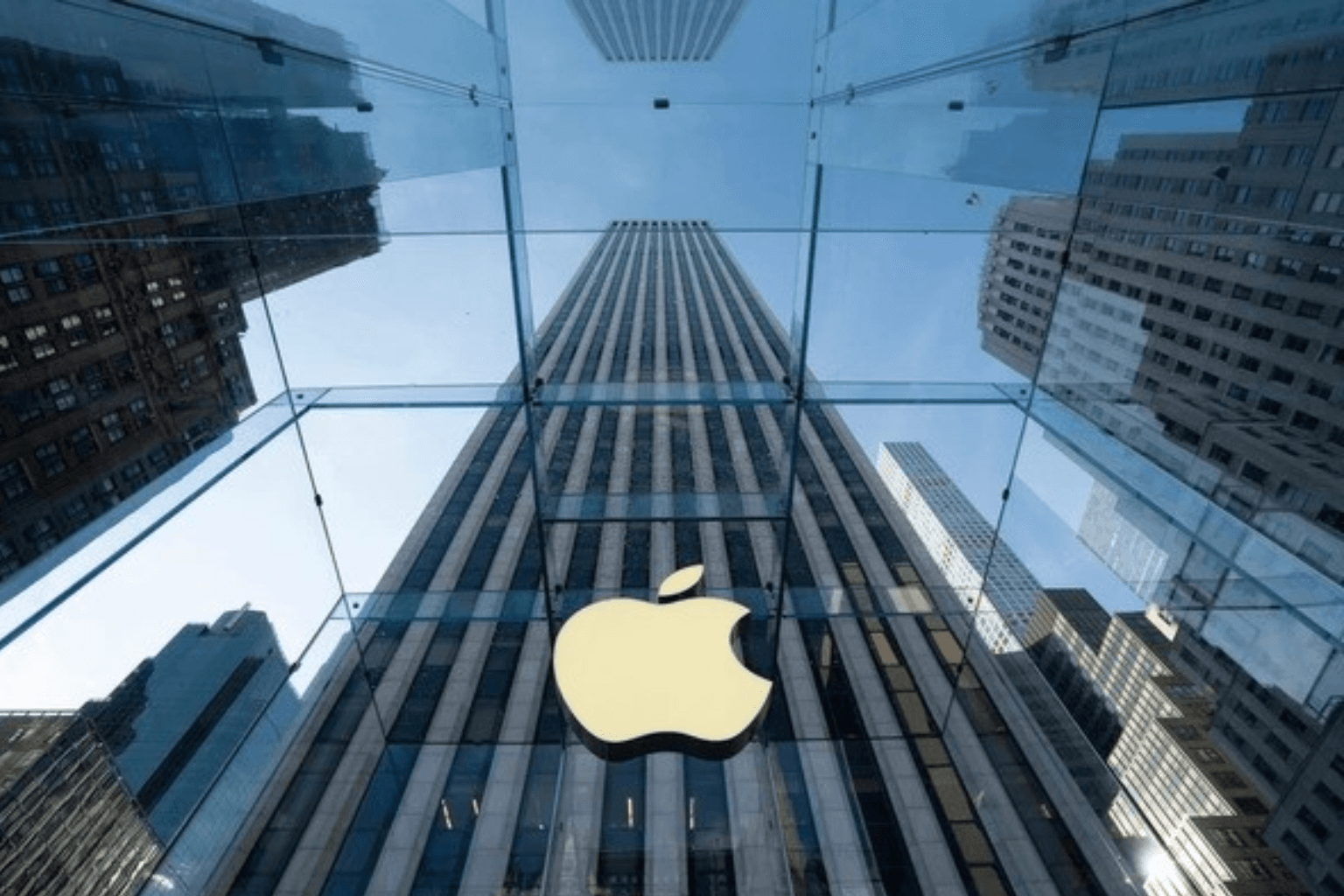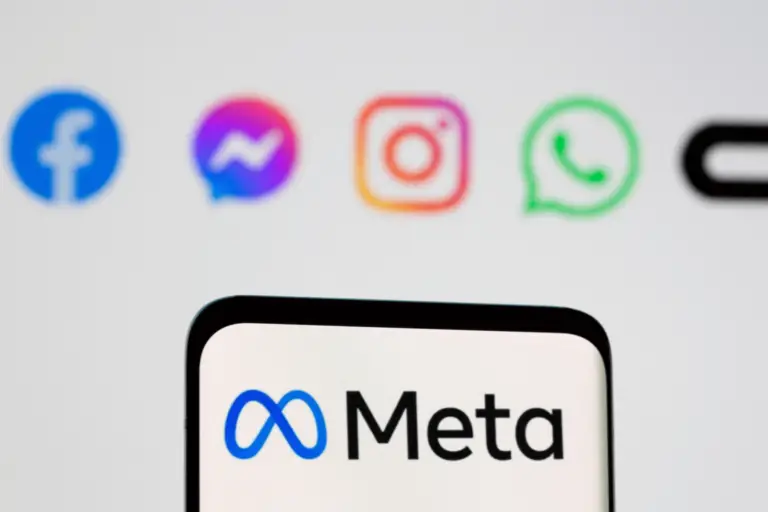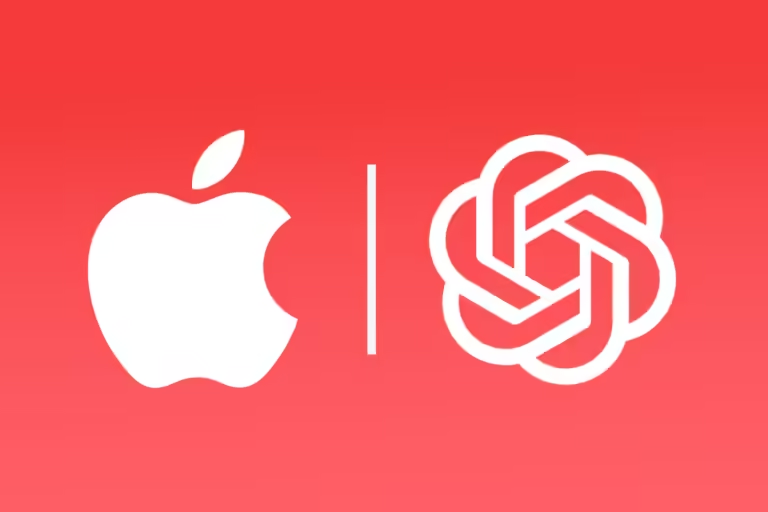
Apple set to join AI race, aims to surpass current leaders
Apple is likely to announce its move into generative AI at its annual Worldwide Developers Conference. This could completely change the company’s product line and make Siri much smarter, even though there is a lot of competition and privacy concerns in the field.
Apple’s annual World Wide Developers Conference starts on Monday. We expect the company to announce its entry into generative artificial intelligence this year.
The company will be behind a new technology that could be just as revolutionary as the iPhone. The most anticipated show of AI built into the iPhone and other Apple products will be the main event at an event that usually shows off the next version of the software that runs the company’s hardware.
Apple’s next software is likely to have a lot of AI features that will make Siri, the company’s often-bumbling virtual assistant, smarter. These features will enhance the enjoyment and utility of activities such as taking pictures, listening to music, texting, and potentially even creating emojis spontaneously.
Due to its extreme secrecy, Apple has not released any information about the event that will take place at its Cupertino, California, headquarters on Monday.
But Apple’s CEO, Tim Cook, has recently dropped strong hints that the company is about to reveal its big plans to join the AI race that has been driving an industry boom for the past 18 months.
The AI craze is the primary reason for Nvidia’s market value increasing from approximately $300 billion at the end of 2022 to approximately $3 trillion.
Nvidia makes most of the chips that power AI. Thanks to its meteoric rise, Nvidia briefly passed Apple last week as the second most valuable company in the United States.
Microsoft also beat out Apple at the beginning of this year because of its strong progress in artificial intelligence.
Analysts are worried that Apple may be falling too far behind in the fast-changing field of AI. The prolonged decline in the company’s sales has exacerbated this concern.
Google and Samsung have already come out with smartphones that tout AI features as their main selling points.
Because of this, analysts like Dan Ives of Wedbush Securities see Monday’s conference as a possible launching pad that will send Apple into a new phase of strong growth.
Ives thinks that adding more AI to the iPhone, iPad, and Mac computers will raise Apple’s market value by an extra $450 billion to $600 billion. It was the most important event for Apple in over ten years, according to Ives in a research note. There is a lot of pressure to give developers and users a generative AI stack of technologies.
Apple could use the help that AI might be able to provide, especially for Siri, their 13-year-old assistant, which Dipanjan Chatterjee of Forrester Research now calls an “oddly unhelpful helper.”
Additionally, OpenAI‘s ChatGPT is evolving into a more conversational platform, prompting accusations of deliberate emulation of a Scarlett Johansson-voiced AI program. And last month, Google showed off Astra, an AI “agent” that seems to be able to see and remember things.
According to many rumors that came out before Monday’s conference, Apple may work with OpenAI to bring some parts of ChatGPT to the iPhone.
They may also use AI to improve Siri. Once again, Apple’s developers conference will be a big deal because it’s the first time the company has used it to introduce a new type of technology that other companies have already been using.
Apple’s Vision Pro: Navigating Mixed Reality’s Niche Landscape
Apple showed off its mixed-reality headset, the Vision Pro, early last year. It didn’t come out until early this year, but its $3,500 price tag has kept it from getting much attention.
While still a niche technology, Apple’s move into mixed reality, which it calls “spatial computing,” has given people hope that it will become a huge market.
Apple has a history of putting out new technology later than others. To make up for this, the company has used sleek designs, services, and marketing campaigns to jump on new trends faster than anyone else.
“Apple’s early reluctance towards AI was true to form,” Chatterjee of Forrester wrote in a preview of the developer conference. People have always said that the company was more interested in what its products did for customers than in how they did it.
When it comes to privacy, adding more AI to the iPhone is likely to cause problems. Apple has gone to great lengths to reassure its loyal customers that it won’t pry too deeply into their personal lives.
Apple could reassure people that their iPhones won’t be spied on by using its chip technology to make most AI-powered features run on the phone itself instead of in “the cloud,” which is a term for remote data centers.
That path would also help Apple keep its profit margins safe since running AI technology in the cloud costs a lot more than running it on a device alone.


